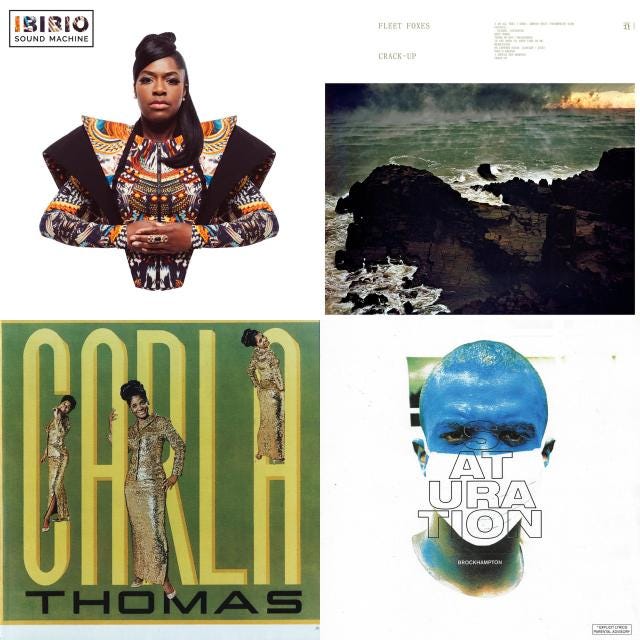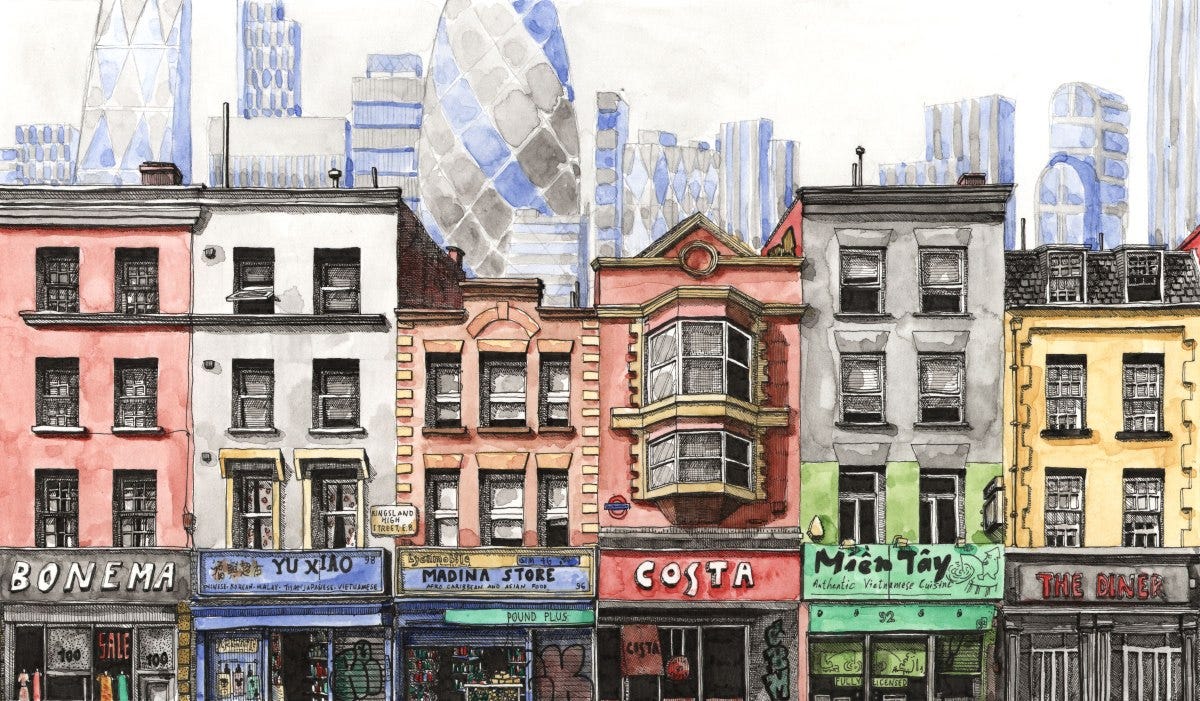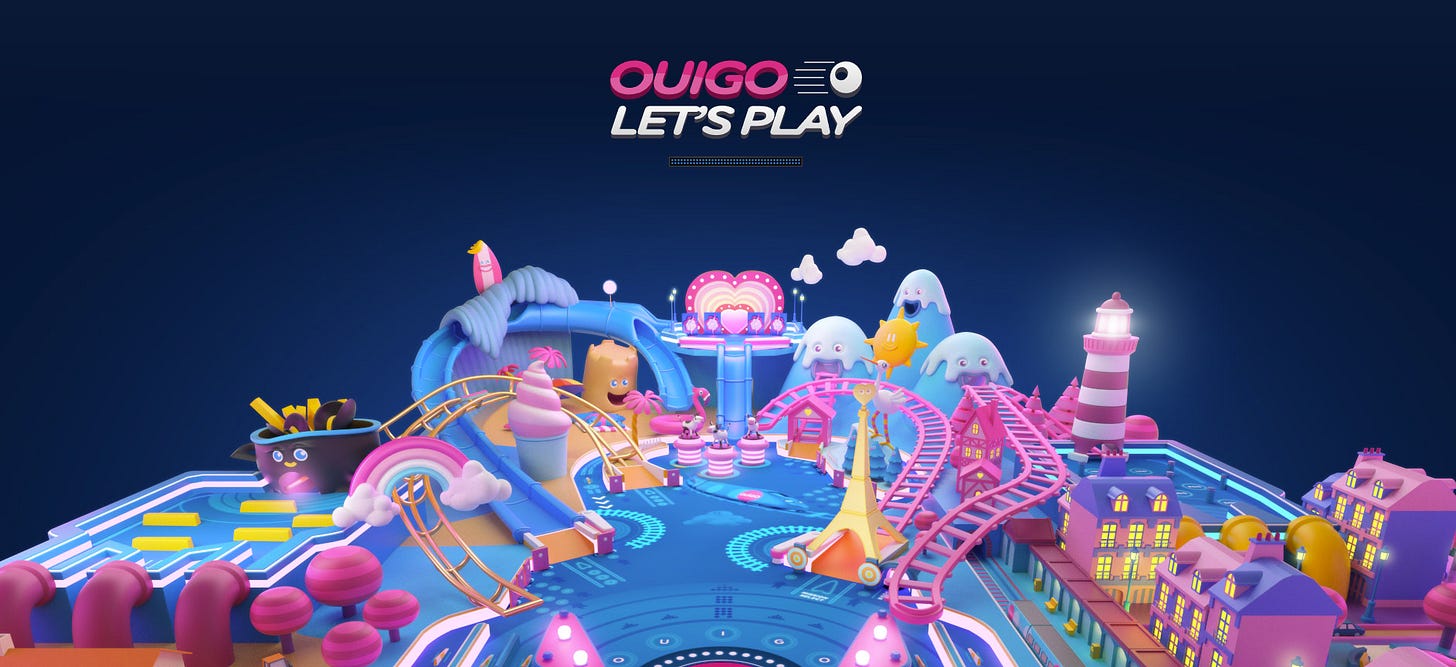Splash No. 4


Photo by Harry Sandhu on Unsplash
Time
I’ve had this app on my phone for a while called Moment. Moment tracks how much you use your phone, how many times you pick it up and a whole slew of other really depressing stats. I recently decided to pay for the full version to get more stats and I was hit with this screen:

Numbers are scary. I’m spending 1/4th of my waking life on my phone. This is terrifying to me when you consider that I’m awake for an average of 16 hours a day. That means I’m spending 4 hours on my phone every day. Though I hope that I’m the only one who is like this, I know for sure that it can’t just be me.
I know to some degree that this is my fault, but as a designer, I know it’s not completely my fault. Most of the time I spend is split between social networks such as Instagram, Facebook and Twitter. I’m sure that is true for nearly anyone who spends a bunch of time on their own. Of course these places have great content, but that’s not what makes us keep coming back and switching back and forth mindlessly.
Facebook and Instagram (more than anything else) are specifically designed to build habits so they can get users to return over and over. Returning users mean more ad revenue. How they do this is based on a basic idea centered around a 4 step cycle of a trigger, action, reward and investment. The trigger is a discomfort or an “itch” that pushes people to first interact with these apps like boredom or feeling disconnected. Next, there’s an action, which is when you do something in response to trigger, like post something on Facebook in order to feel connected. These apps are designed to make it as simple as possible to solve a trigger. A notification may appear and remind you that there’s something you might be missing out on and clicking on it lets you see it and comment on it.
A reward takes many different forms, but with most social media, the reward is the positive feelings associated with receiving a like, a comment or some other way to feel like someone cares and wants to give you attention. These rewards affect brain chemistry like some drugs, and get us addicted in a way. As we keep using these tools, we get invested in it. We get excited by the prospect of someone replying to our comments or replying to our Snapchats. I know personally, I can’t think of giving up Snapchat because I have an 184 day streak of messaging a person and couldn’t possibly give that up. And with these simple features, we build habits around these applications.
It seems too simple for these steps to control our lives, but it really is that simple. Our brains weren’t designed for a digital space, but rather to rely on instant gratification to keep us alive. Evolutionarily speaking, when we had a chance to eat food, we would eat a lot of it to stay healthy. The same instincts haven't change and are part of the reason it's so easy for us to get caught in these loops.
In design, decisions that are misleading or ethically questionable are called dark patterns. In my eyes, social networks’ focus on building habit loops is a dark patterns. You can say that positives come from these different applications, such as new connections, and making social interactions easier for people with social anxiety or other problems. That’s totally valid, but I think that these interactions and positives can exist without taking advantage of brain chemistry.
All this being said, I’d love to hear your thoughts, and definitely call me out if you see me using my phone too much.
Drops of the Week
where I *drop* recommendations of cool things this week

Playlist
July - every month I make a playlist of my favorite songs that I find throughout the month. This is my playlist for July and one of my favorite month playlists I’ve made in a while

Personal Essay
“Searching London for My ‘Third Place” by Jessica Brown - the idea of a ‘third place’ is extremely intriguing to me and Brown captures a Romantic view of a city that I find so endearing and relatable.

Pinball-based Ad
OUIGA Let’s Play - this is a beautiful online pinball game meant to promote France’s train service. It gave me nostalgia about playing pinball on Windows XP computers but it looks way better.
Thanks so much for reading! If you have any comments/concerns or fan/hate mail for me, you know how to reach me (links below).
Love,
Nikhil

